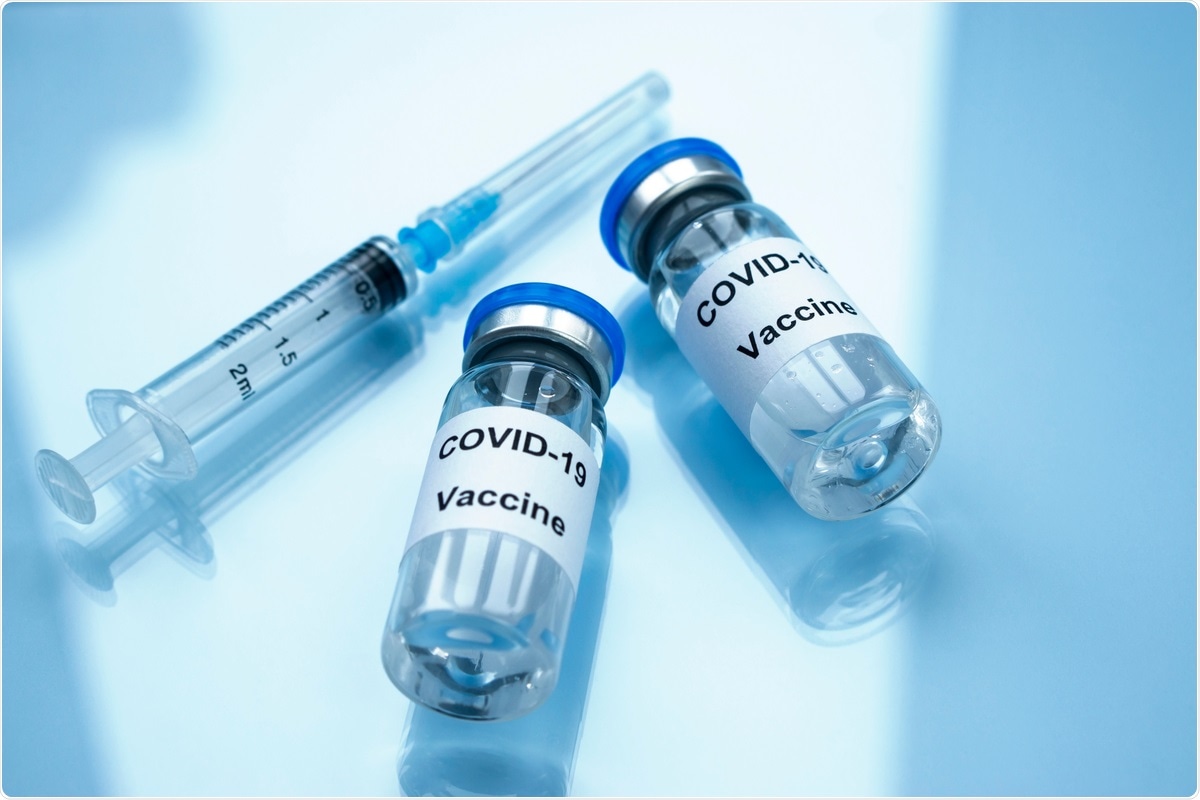A new paper in the New England Journal of Medicine reports on the effectiveness of the coronavirus disease 2019 (COVID-19) vaccines in a healthcare setting. The researchers found that vaccines based on the messenger ribonucleic acid (mRNA) platform were 88% effective against hospitalization of patients infected with severe acute respiratory syndrome coronavirus 2 (SARS-CoV-2), and even more protective against intensive care unit (ICU) admission or emergency department (ED) visit.
 Study: Effectiveness of Covid-19 Vaccines in Ambulatory and Inpatient Care Settings. Image Credit: Tanya Dol/ Shutterstock
Study: Effectiveness of Covid-19 Vaccines in Ambulatory and Inpatient Care Settings. Image Credit: Tanya Dol/ Shutterstock
Background
The first vaccines to be rolled out against SARS-CoV-2 were the Pfizer and Moderna vaccines, both mRNA vaccines. Since then, limited data has been presented on the effectiveness of these vaccines against symptomatic COVID-19, especially with respect to ICU and ED admission. Furthermore, data on vaccine effectiveness for populations disproportionally affected by COVID-19, such as older adults, is also limited.
Study details
The large study included over 100,000 hospitalizations for COVID-19-related illness in individuals aged 50 years or over. The sample for analysis included over 41,000 hospitalizations and 21,500 ED visits. The median age was 74 years for hospitalized patients and 70 years for those who made ED visits.
What were the findings?
The study population included twice as many Blacks and Hispanics in the hospitalized group compared to the ED group and more patients with underlying comorbidities.
The current study showed that the mRNA vaccines had high efficacy in adults aged 85 years or more and those with poor immune responses. These are the groups at highest risk for severe and prolonged disease following SARS-CoV-2 infection.
Among people aged 50 or more, two doses of the mRNA vaccines provided approximately 90% protection against hospitalization with COVID-19, beginning at 14 days from the second dose. In those aged 85 years or more, the effectiveness was 83%.
Black and Hispanic adults are also at high risk of COVID-19, and these vaccines were also found to have similar efficacy in this group. In this study, the protective efficacy of these vaccines remained high for over 110 days from the second dose. Moreover, all three authorized COVID-19 vaccines in the USA were found to be effective.
The Johnson and Johnson vaccine, based on the adenovirus vector platform (Ad26.COV2.S vaccine), showed somewhat lower efficacy, at 73% against ED visits and 68% against hospitalization – though this estimate is based on a lower number of observations.
The efficacy with one dose of an mRNA vaccine was lower, at 54% against hospitalization and 68% against ED visits. After two doses but before 14 days from the second dose, the effectiveness of two doses was 73% against hospitalization. However, these estimates may be revised as the follow-up period may be different between different healthcare partners. The estimates were lowest during the first 28 days, increasing up to 55 days from the first dose.
Similarly, when one- and two-dose vaccination with an mRNA vaccine is combined, the result is a protection rate of nearly 70%.
The efficacy was always higher for two-dose vaccinations than one-dose vaccination, which confirms the need to take complete vaccination for this type of vaccine.
What are the implications?
The study thus confirms that both the mRNA vaccines have equal protective efficacy against hospitalization and intensive care admission in acute COVID-19.
The study showed that a full course of mRNA vaccination provides highly effective protection against SARS-CoV-2 infection resulting in hospitalization, ICU admission, and ED visit, among adults aged 50 years or more. This includes the elderly and sick and Hispanic and Blacks, all high-risk populations for COVID-19. The Ad26.COV2.S vaccine also appears to be highly effective.
Journal reference:
- Thompson, M. G. et al. (2021). Effectiveness of Covid-19 Vaccines in Ambulatory and Inpatient Care Settings. The New England Journal of Medicine. DOI: 10.1056/NEJMoa2110362.